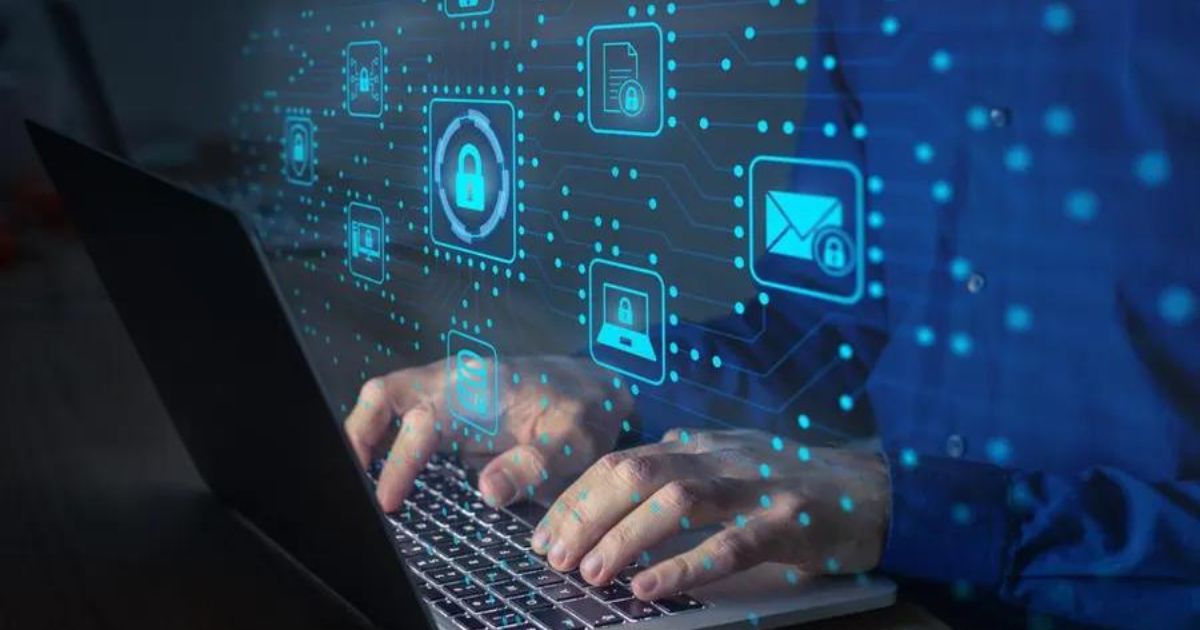Amid the onset of the COVID-19 pandemic in early 2020, Pat, a dedicated security engineer, faced more than just the concern for his personal health. His role was to address mental health crisis and to safeguard vast troves of data flowing between major healthcare organizations and the Centers for Disease Control and Prevention (CDC).
While Pat was accustomed to demanding 80-hour workweeks, having dedicated seven years to the field of healthcare security, the gravity of securing crucial American healthcare data during this pivotal moment weighed heavily on him.
Reflecting on the experience, Pat candidly admitted, “It burned me out.” The strain of the situation became increasingly apparent as he grappled with the notion that his actions directly influenced the accessibility of healthcare and its prioritization during the pandemic.
In response to this mounting pressure, Pat eventually took medical leave with his employer’s support to address the stress and emotional toll.
The Urgent Need To Address Mental Health Crisis
Pat’s story resonates with many in the cybersecurity field, where the relentless pace and intensity of the work can lead to severe burnout. He noted, “You can’t be burning like it’s the end of the world every minute of every day.”
To foster a more open conversation about the challenges he and others face, Pat requested that only his first name be used when discussing these sensitive mental health issues.
He emphasized that cybersecurity professionals often find themselves in situations where they are required to remain vigilant constantly, treating every potential security incident as a significant breach or precursor to one.
Unfortunately, Pat noted, the field frequently lacks robust support structures to help individuals cope with these pressures effectively.
Pat’s experience highlights the urgent need for the cybersecurity industry to address the mental health crisis that has been exacerbated by the demands of the field.
The pandemic only heightened the importance of securing healthcare data and critical infrastructure, further intensifying the pressure on cybersecurity professionals.
The pervasive “always-on” culture in cybersecurity, driven by the constant threat of cyberattacks and the need to protect sensitive information, has resulted in high-stress environments.
Professionals like Pat bear the brunt of these pressures, often with limited resources or assistance to manage their mental well-being.
The lack of adequate support structures within the cybersecurity industry is a systemic issue that demands attention and reform.
It is crucial to acknowledge that the mental health of cybersecurity professionals is as valuable as their technical skills.
Neglecting this aspect of their well-being not only leads to burnout and mental health crises but also poses a risk to the organizations and systems they protect.
The case of Pat underscores the importance of addressing these issues proactively. Employers and organizations must recognize the toll that constant stress and overwork take on their employees and take steps to mitigate these challenges.
This can include providing mental health resources, encouraging work-life balance, and fostering a culture that prioritizes well-being.
Moreover, cybersecurity professionals themselves need to be more vocal about their mental health needs and challenges.
By sharing their experiences and advocating for change, they can contribute to a healthier and more supportive work environment for all.
In conclusion, Pat’s story serves as a stark reminder of the mental health crisis facing the cybersecurity industry. The demands and pressures of the field, intensified by the COVID-19 pandemic, have taken a toll on professionals like him.
It is imperative that the industry and organizations within it prioritize mental health support and create a work culture that recognizes the importance of well-being alongside technical skills.
Only through collective effort and open dialogue can the mental health crisis in cybersecurity be effectively addressed.


